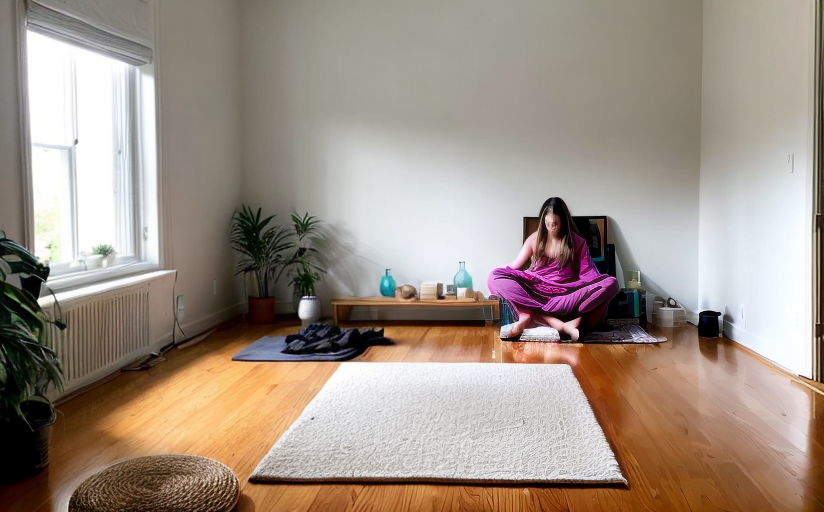The Impact of Minimalism on Daily Life and Mental Health
As we navigate the fast-paced demands of contemporary life, many of us long for simplicity. Minimalism, a lifestyle concentrating on the essentials, has steadily gained public attention as a potential solution to this predicament. Defined by the deliberate prioritization of what truly matters to us, this article delves into the transformative influence of minimalism on daily life and mental health.
Defining Traits of Minimalism
Minimalism is not just about owning fewer possessions. It’s about making room, both physical and mental, for what truly matters. It’s about intentionality and being deliberate with what we choose to consume and bring into our lives. It encourages us to strip away the superfluous in favour of the essential, consequently leading to a simplified, focused life.
Everyday Life Changes
Decluttering
The act of decluttering is often the first step into embracing a minimalist lifestyle. A study published in Personality and Social Psychology Bulletin discovered that cluttered homes can lead to increased levels of stress and depression. By removing unnecessary items, we create physical space which often translates into mental space, prompting improved focus and decreased distress.
Mindful Consumption
Rethinking our consumption habits can have significant effects on our well-being. A study in Psychological Science found that materialistic individuals experienced more negative emotions such as envy and unhappiness. Minimalism encourages us to make mindful choices about what we consume, promoting satisfaction and contentment.
Simplified Living
By focusing on what truly matters, we simplify our lives and eliminate much of the stress associated with keeping up with societal pressures. This simplicity often leads to an increased sense of freedom, mental clarity, and overall happiness.
Mental Health Benefits
Embracing minimalism can profoundly impact our mental health in the following ways:
- Heightened Focus: Removing distractions allows us to focus on our objectives, leading to increased productivity and accomplishment.
- Reduced Stress: A clutter-free environment significantly reduces stress, as supported by a study in the Journal of Neuroscience.
- Increased Satisfaction: By living intentionally, we develop a deep sense of satisfaction derived from a life centered around what truly matters to us.
Adopting a Minimalist Approach
For those intrigued by the prospects of a minimalist lifestyle, here are a few practical steps to get started:
- Start decluttering one room at a time - this makes the process less overwhelming.
- Before purchasing anything, ask yourself if it brings value to your life.
- Spend time routinely removing items that no longer serve a purpose.
- Choose quality over quantity in all aspects of life.
To conclude, minimalism, through its core principles of decluttering, mindful consumption and simplified living, offers tangible improvements in mental health. It is a transformative, life-enhancing paradigm that merits exploration for everyone seeking a centered, content lifestyle.

















Comments
Leave a Comment